In today's sedentary lifestyle, physical exercise plays a vital role in maintaining overall well-being. Engaging in regular exercise has been proven to have numerous life-changing benefits for both the body and the mind.
From improved mental health to enhanced physical fitness, the advantages of physical exercise are extensive. This article will explore the transformative benefits that physical exercise can bring to one's life.
Physical Exercise and Mental Health
Physical exercise has a profound impact on mental health. Engaging in activities like jogging, swimming, or even brisk walking releases endorphins, which are known as "feel-good" hormones. These endorphins act as natural mood boosters, reducing feelings of stress, anxiety, and depression. Regular exercise has also been linked to increased self-esteem and improved cognitive function, promoting mental clarity and focus.
Physical Exercise and Physical Health
Aside from mental health, physical exercise has numerous benefits for the body. One of the primary advantages is weight management and body composition. Regular exercise helps burn calories, build muscle, and maintain a healthy weight. It can also improve cardiovascular health by strengthening the heart, reducing the risk of heart disease, and lowering blood pressure.
Weight Management and Body Composition
Physical exercise, when combined with a balanced diet, is instrumental in weight management and achieving an optimal body composition. It helps to burn excess calories, sheds unwanted fat, and tones muscles. By engaging in activities such as strength training and cardio exercises, individuals can improve their physical appearance and overall body shape.
Increased Energy and Stamina
Regular physical exercise increases energy levels and improves stamina. It enhances the efficiency of the cardiovascular system, delivering oxygen and nutrients to the muscles more effectively. This leads to increased endurance and the ability to perform daily tasks with vigor and vitality.
Improved Sleep Quality
Exercise plays a crucial role in improving sleep quality. Engaging in physical activities during the day helps regulate the sleep-wake cycle, promoting better sleep patterns. Exercise reduces insomnia symptoms, enhances deep sleep, and helps individuals wake up feeling refreshed and rejuvenated.
Enhanced Cognitive Function
Physical exercise has a positive impact on cognitive function and brain health. Studies have shown that regular exercise improves memory, attention span, and overall cognitive performance. It stimulates the release of chemicals in the brain that aid in the growth of new neurons, promoting brain plasticity and reducing the risk of age-related cognitive decline.
Boosted Immune System
Engaging in regular physical exercise strengthens the immune system, making the body more resilient to infections and diseases. Exercise increases the production of antibodies and white blood cells, which are essential for fighting off illnesses. By incorporating exercise into daily routines, individuals can bolster their immune system and reduce the frequency of getting sick.
Reduced Risk of Chronic Diseases
Physical exercise is a powerful preventive measure against chronic diseases. Regular physical activity has been associated with a decreased risk of conditions such as heart disease, type 2 diabetes, certain types of cancer, and metabolic disorders. By adopting an active lifestyle, individuals can significantly reduce their chances of developing these life-threatening diseases.
Strengthened Bones and Muscles
Weight-bearing exercises, such as weightlifting and resistance training, contribute to stronger bones and muscles. Regular exercise promotes bone density, reducing the risk of osteoporosis and fractures, especially in older adults. Additionally, it enhances muscle strength, flexibility, and overall physical performance.
Social Benefits of Physical Exercise
Engaging in physical exercise often involves participating in group activities or joining fitness classes. This presents an excellent opportunity to meet new people, make friends, and expand social circles. Being part of a supportive exercise community can provide motivation, encouragement, and a sense of belonging.
Exercise as a Stress Reliever
Physical exercise is a natural stress reliever. Engaging in activities such as yoga, Pilates, or going for a run can help reduce stress levels and improve overall mental well-being. Exercise triggers the release of endorphins, which act as natural stress fighters, promoting relaxation and a sense of calm.
Exercise for Longevity and Aging
Regular exercise has been linked to increased longevity and healthy aging. Studies have shown that individuals who lead an active lifestyle tend to live longer and have a higher quality of life in their later years. Exercise helps maintain physical independence, preserves cognitive function, and reduces the risk of age-related ailments.
Creating an Exercise Routine
To reap the life-changing benefits of physical exercise, it is essential to establish a regular exercise routine. Start by setting achievable goals and gradually increase the intensity and duration of the workouts. It is crucial to choose activities that are enjoyable and suit individual preferences. Whether it's walking, cycling, dancing, or playing a sport, finding an exercise that brings joy will make it easier to stick to the routine.
Note: Physical exercise has the power to transform lives. From improving mental health and physical fitness to reducing the risk of chronic diseases and boosting overall well-being, the benefits are undeniable. By incorporating regular exercise into daily routines, individuals can experience a significant positive impact on their physical and mental health, leading to a happier and more fulfilling life.
FAQs:
Q: How often should I engage in physical exercise?
A: It is recommended to aim for at least 150 minutes of moderate-intensity aerobic activity or 75 minutes of vigorous-intensity aerobic activity per week, along with strength training exercises two or more days a week.
Q: Can physical exercise help with weight loss?
A: Yes, regular physical exercise, combined with a balanced diet, can aid in weight loss by burning calories and increasing metabolic rate.
Q: What are some low-impact exercises suitable for individuals with joint pain?
A: Swimming, cycling, yoga, and elliptical training are excellent low-impact exercises that are gentle on the joints.
Q: Can physical exercise improve mood and reduce anxiety?
A: Absolutely! Engaging in regular exercise releases endorphins, which improve mood and reduce anxiety and stress.
Q: Is it necessary to consult a healthcare professional before starting an exercise routine?
A: If you have any underlying health conditions or concerns, it is advisable to consult with a healthcare professional before starting a new exercise program.









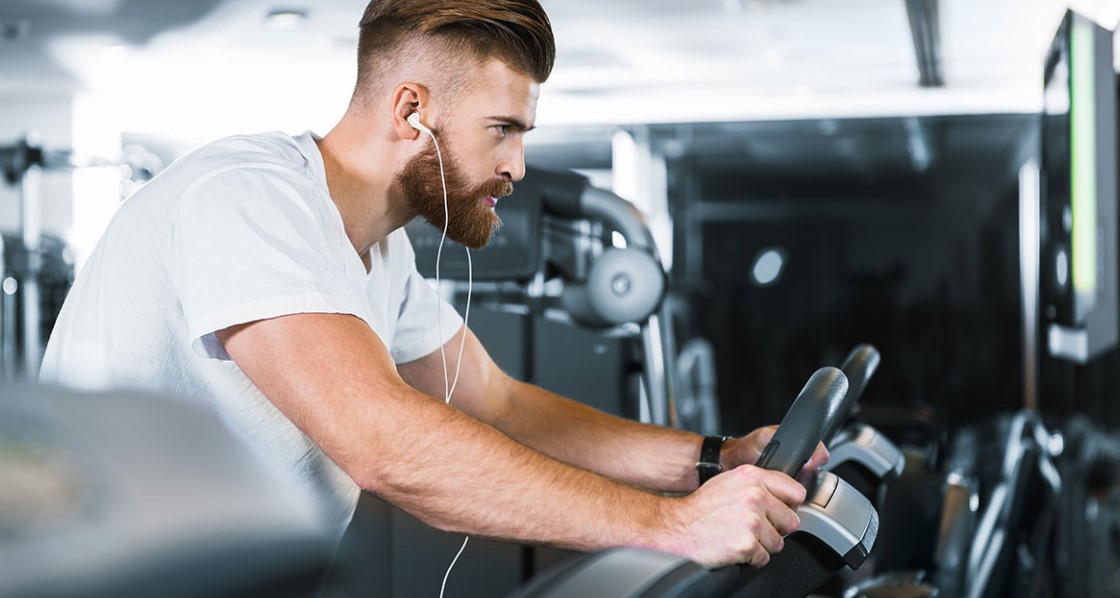

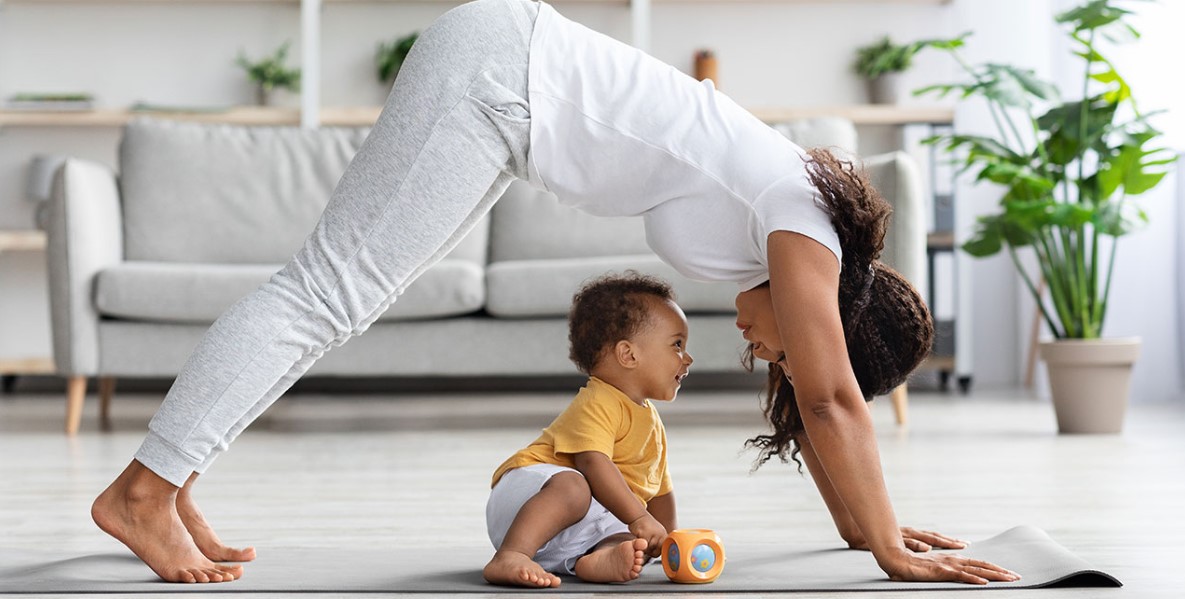

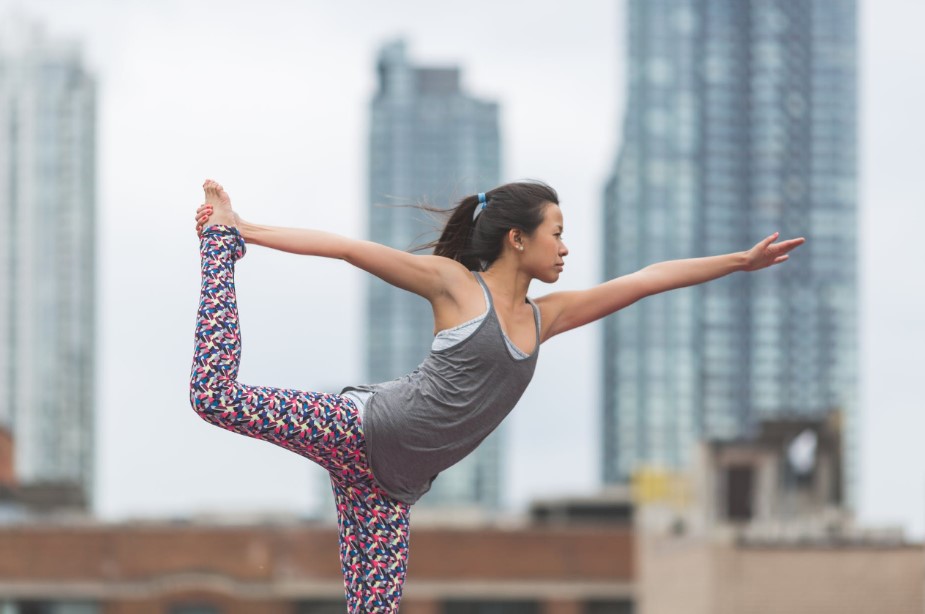
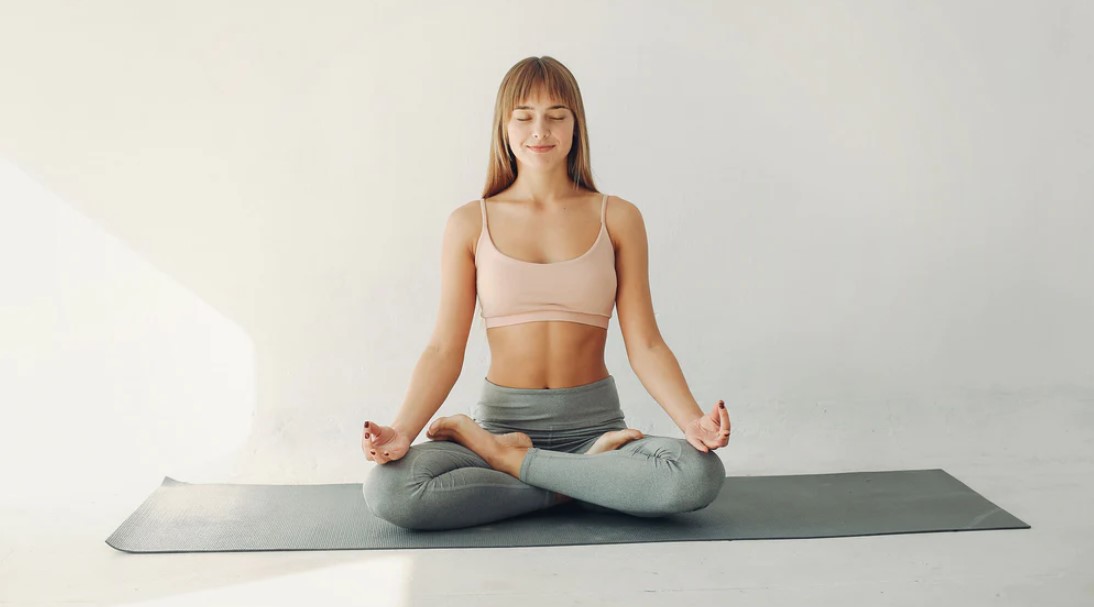





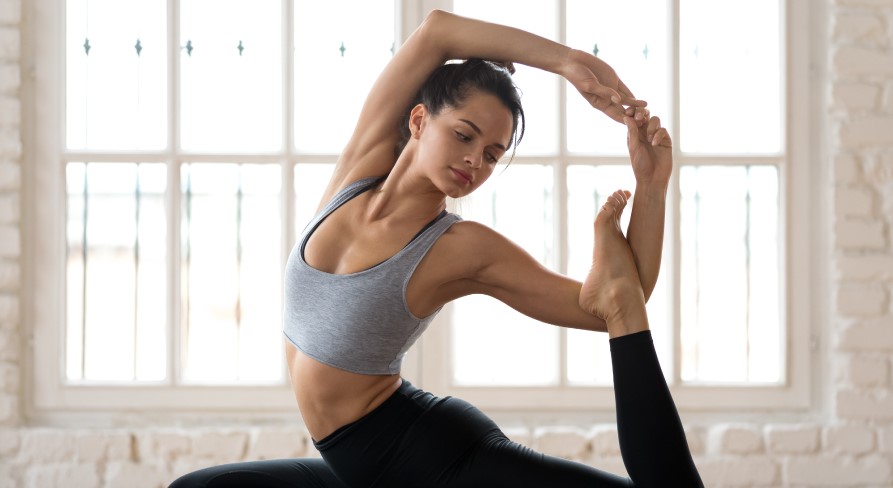





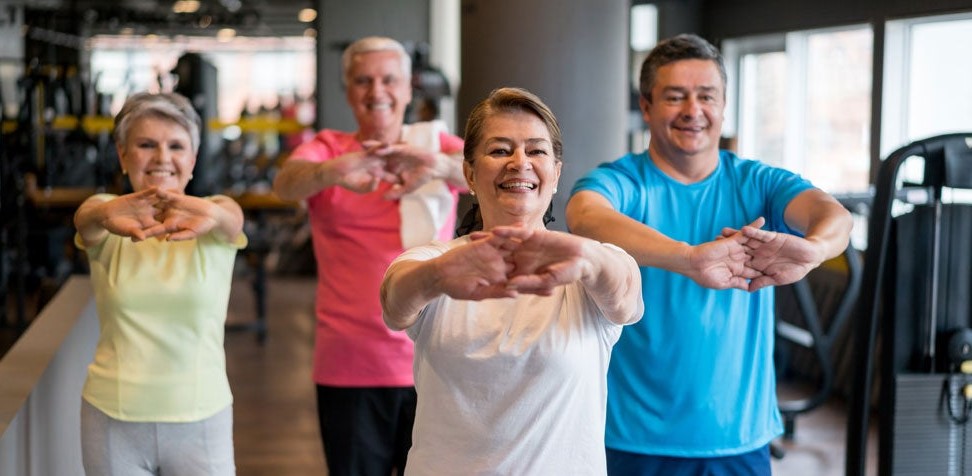








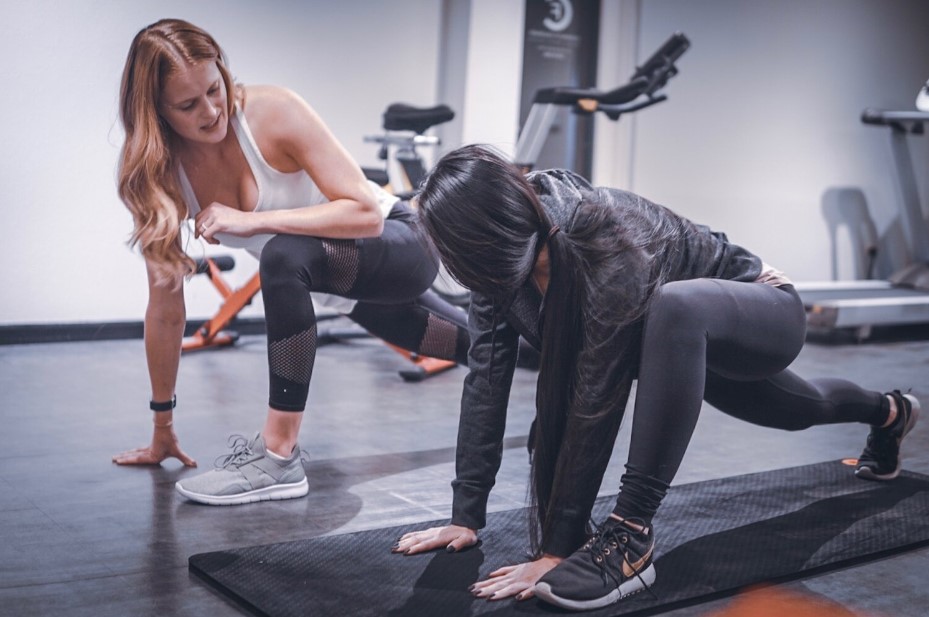
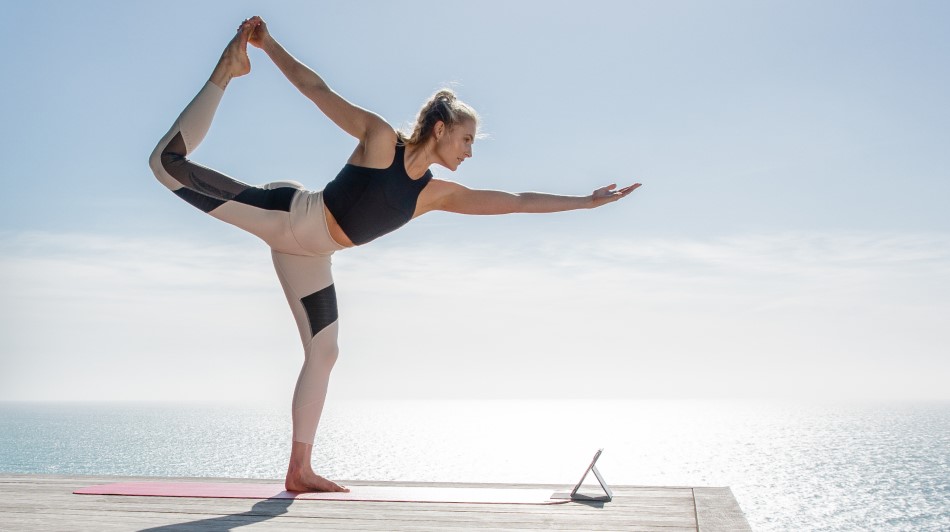









No comments